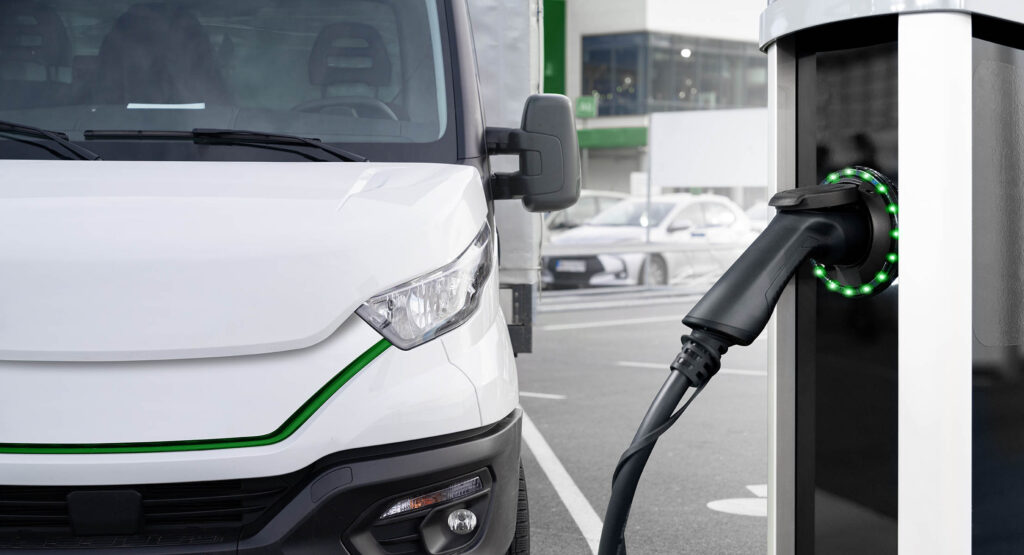With the UK government’s diesel ban set for 2040, many businesses and fleet operators are facing a pressing question: are electric trucks really ready for widespread adoption? While electric HGVs hold significant promise, especially when it comes to environmental impact and driver comfort, the transition hasn’t exactly been smooth.
Electric Trucks: A Quiet Revolution on Wheels
If you’ve ever stood near a traditional diesel lorry, the noise and exhaust fumes can be pretty overwhelming. Contrast that with the sleek and virtually silent experience of some electric trucks, and you’ll quickly understand why drivers are increasingly won over by the electric experience. Fredrik Nilzen, Scania’s head of sustainability, highlights that drivers often feel less fatigue driving electric trucks due to reduced noise and vibrations.
Beyond driver comfort, electric trucks offer substantial operational savings. Although they currently cost more upfront—sometimes double the price of diesel equivalents—they promise significant reductions in running costs. Experts predict that by 2031, electric trucks will become cheaper to own and operate over their lifetime compared to diesel vehicles.
Charging Infrastructure: The Elephant in the Room
Despite these advantages, one glaring hurdle is the UK’s lack of truck chargers. According to Transport Environment, no UK service stations currently offer dedicated chargers for electric HGVs. Companies hesitate to adopt electric fleets due to fears about being stranded with flat batteries—a very real risk until the charging infrastructure catches up.
Matt Finch from Transport Environment refers to this as the classic “chicken and egg” issue—service stations are reluctant to install chargers until there are more electric trucks on the road, and companies are hesitant to invest in electric trucks without an established network of chargers.
Scania recognises this challenge and has founded Erinion, a charger installation company aiming to set up 40,000 depot-based chargers by 2030. Amazon, similarly proactive, has already ordered over 150 electric HGVs, investing heavily to establish Britain’s largest zero-emission truck fleet.
GRIDSERVE are also leading a consortium to pioneer the UK’s first dedicated eHGV charging network. The £100 million plus Electric Freightway project, is supported by £62.7 million in government funding. It will deploy over 200 high-power chargers and a fleet of around 140 eHGVs across motorway service areas, truck stops, and depots. Spanning seven years, the project aims to accelerate the UK’s transition to net zero freight transport by 2040 through large-scale infrastructure rollout and extensive data collection.
Plan Insurance provides a range of Motor Fleet Insurance options. Complete our quick online quote form, and our experienced brokers will contact you to discuss suitable insurance cover.
Government and Industry Action Essential
While private initiatives help, industry leaders argue that greater government intervention is crucial. Groups such as the UK Platform for Battery Electric Trucking, including heavyweights like John Lewis and National Grid, are calling for clear policies and financial support to help businesses transition. They advocate for mandated targets like those already established for electric cars, suggesting incentives and robust financial support could accelerate adoption significantly.
The logistics sector is keenly aware of these challenges. DHL’s UK CEO Saul Resnick notes the infrastructure gap as the biggest barrier to broader adoption. The reality is stark: out of DHL’s 4,000 trucks operating in Britain, just five are electric.
Navigating Insurance for Electric Lorries
As electric trucks become mainstream, businesses must also navigate the nuances of electric truck insurance. Whether you’re insuring electric fleets or individual electric HGVs, it’s crucial to understand unique coverage aspects like battery protection, specialist repairs, and recovery services. Adequate electric HGV insurance ensures your fleet remains operational and protected from unforeseen costs.
The Road Ahead
Despite initial teething issues, the future of electric trucks in the logistics industry looks promising. With rising diesel costs and stricter emissions regulations, the shift towards electric isn’t merely environmentally beneficial—it’s becoming economically sensible too.
The next decade will undoubtedly bring significant changes. Even amidst current infrastructure limitations, businesses making the switch early will likely reap substantial long-term rewards. For fleet managers considering the move, now might be an ideal time to investigate electric truck options and ensure comprehensive insurance for electric lorries to safeguard their investment.
Ready for a tailored fleet insurance solution? – Get Your Fleet Insurance Quote.
Find out why 96% of our customers have rated us 4 stars or higher, by reading our reviews on Feefo.


